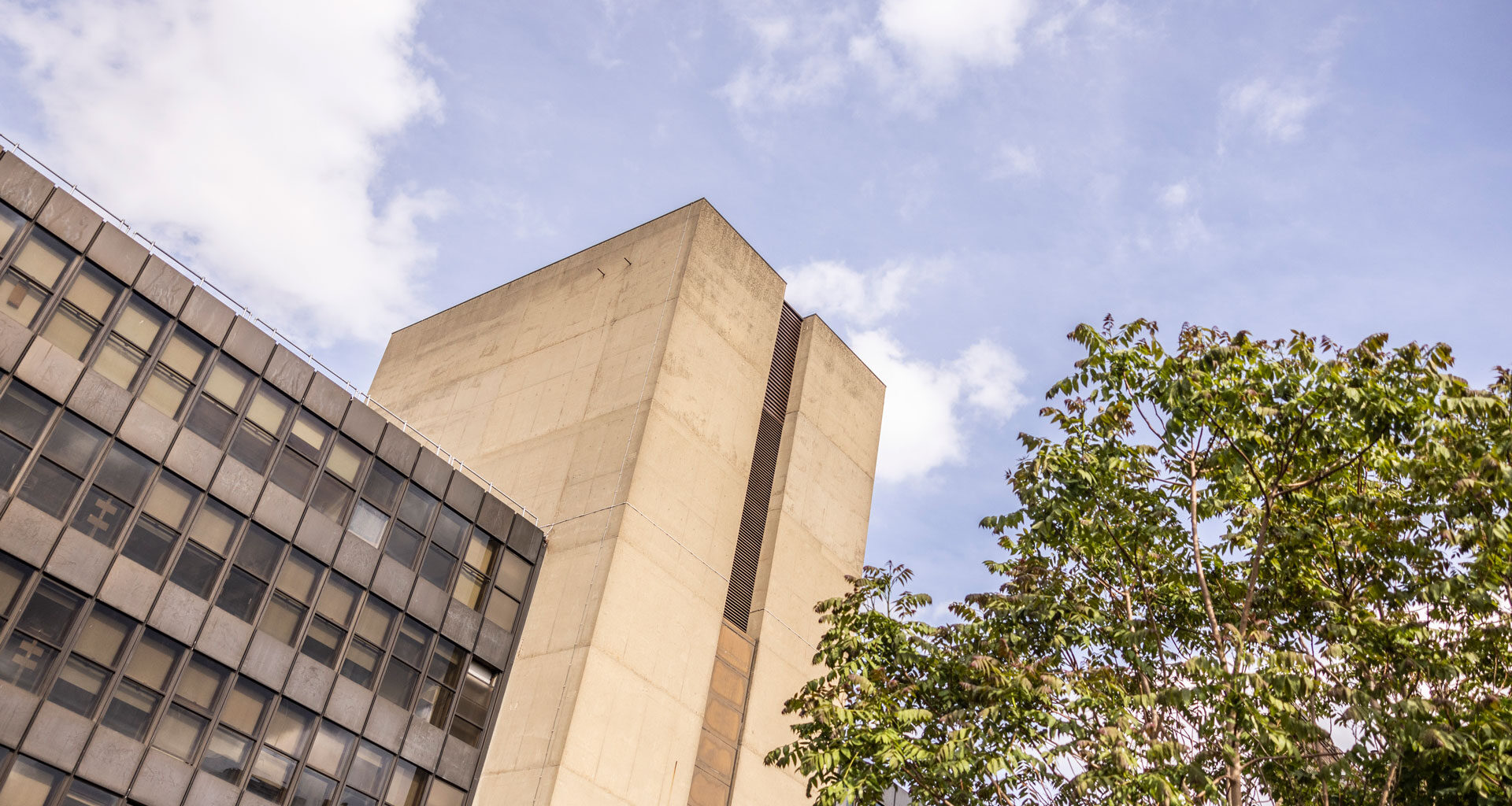Image credit: Mat Wright for UCL IOE.
Grand Challenge: Climate Crisis
UCL’s Climate Crisis Grand Challenge recognises that mitigating and adapting to a changing climate are perhaps the greatest challenges of our time. The UCL Centre for Climate Change and Sustainability Education (CCCSE), based at the Department of Curriculum, Pedagogy and Assessment, UCL Institute of Education, is conducting research into how teachers can support students’ learning in this area, developing subject-specific, research-informed and free professional development for teachers and school leaders across all phases to help students prepare for a climate change-affected future.
The UCL research centre takes a holistic view of the challenge: it is not just about teaching the science of climate change and how to adapt to change and adopt more sustainable lifestyles. It also involves helping teachers to support children, including those who feel anxious, angry and afraid, to learn how they can contribute to social and ecological change. Climate change and sustainability need to be embedded across the school curriculum, but teachers need support to do this effectively.
Practical support to address an existential challenge
The importance of teacher professional development in this area is hard to overstate. A national survey conducted by the UCL Institute of Education team identified a significant lack of high-quality CCSE-related professional development, with 70.5% of teachers ‘self-taught’. The survey also highlighted widespread recognition amongst teachers of the importance of CCSE, but that students’ opportunities for multi-disciplinary learning are limited. In response to these findings, the centre developed Teaching for Sustainable Futures (TSF). This programme of subject- and phase-specific professional development comprises free online modules covering all disciplines and age-phases in England, developed in partnership with teachers and subject associations. By January 2025, the introductory module had been accessed 3,050 times, the subject modules 814 times and the TSF materials accessed by 2,367 early career teachers and mentors. One teacher reflected:
